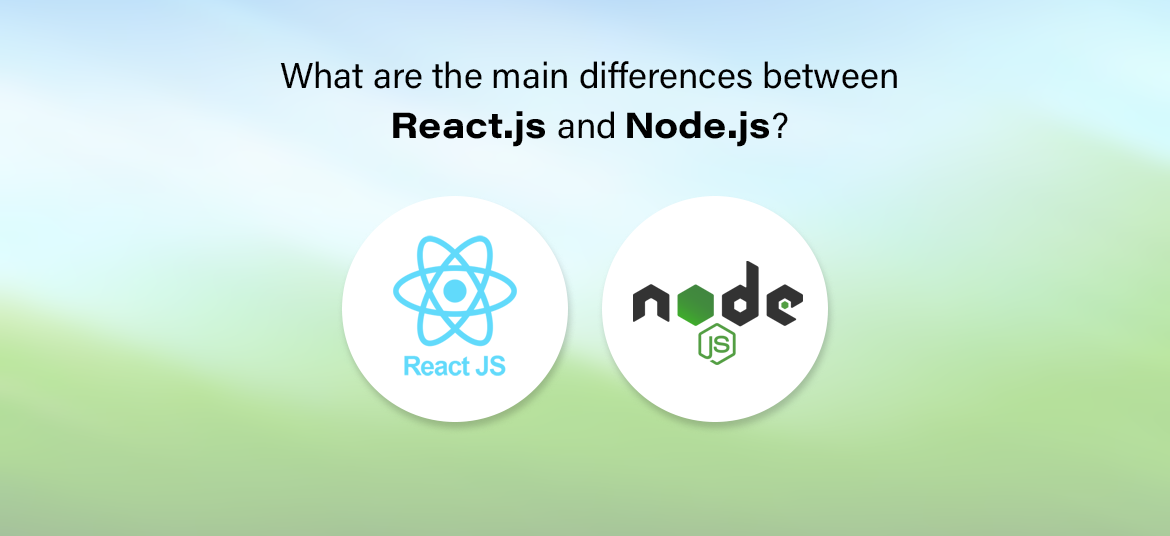Related Articles
Is A Dedicated Development Team Worth Every Penny?
Which is the best approach? Should you hire freelancers, in-house talent or a team of dedicated developers? Myth Busted!
Read The PostWhich Types of Apps Can You Build in Python?
Here are the top 7 types of apps you can build with Python — from games and blockchain applications to enterprise-grade solutions. With Python, almost anything is possible.
Read The PostThe Importance of Hiring a Dedicated Development Team Over Freelancers for Your Business
Are you wondering whether to hire a dedicated development team or freelance developers for your project? Read this blog to find out which approach works best.
Read The Post


